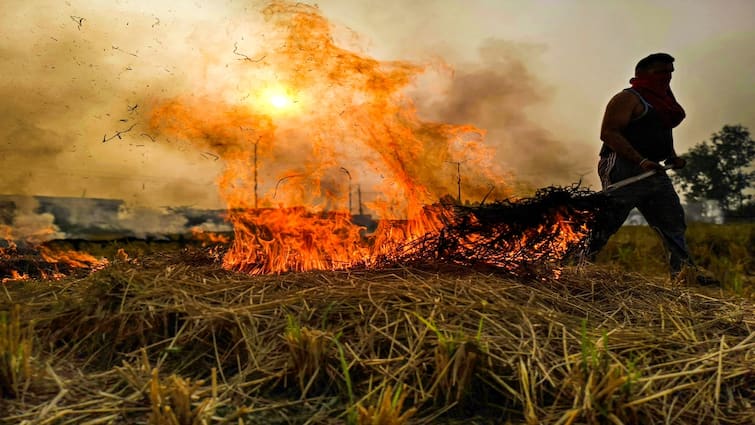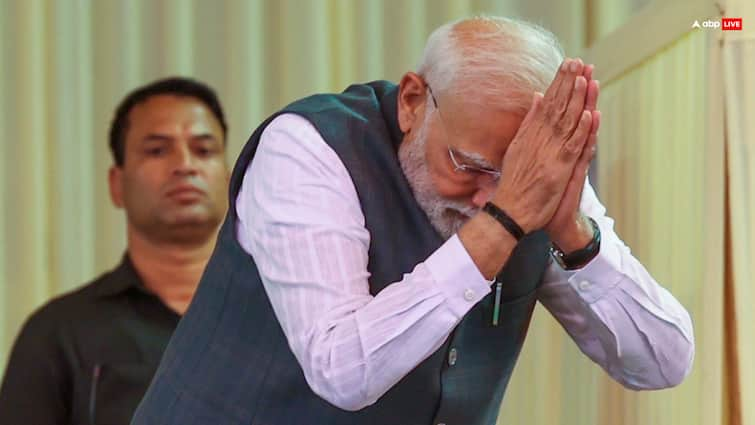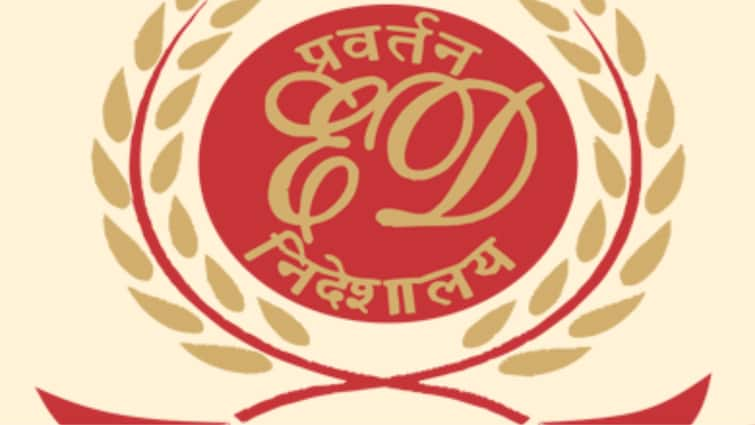The Supreme Court on Tuesday suggested that putting a few offenders behind bars could act as a strong deterrent against stubble burning, a key contributor to Delhi-NCR’s toxic winter air.
During a hearing on petitions concerning the annual spike in pollution, a bench led by Chief Justice of India B.R. Gavai examined why repeated orders to curb crop-residue fires have failed to bring lasting change.
Amicus Curiae Aparajita Singh informed the court that despite subsidies and equipment provided to farmers, the practice continues. “Farmers keep coming up with excuses. Last time, they said they were told to burn at hours when satellites don’t pass over their fields. Since 2018, the court has issued detailed directives, yet the response remains helplessness,” she said.
The Chief Justice questioned the reluctance to introduce strict penalties. “If some people are behind bars, it will send the correct message,” he remarked, urging officials to consider penal provisions. “If you truly intend to protect the environment, why shy away?”
Acknowledging the farmers’ role in feeding the nation, he added, “They are special, and we respect them. But that cannot mean we ignore the environment.”
Stubble Burning’s Link to Smog
Crop-residue burning in Punjab and Haryana is one of the major drivers of Delhi’s hazardous air every October and November. Farmers torch leftover straw after harvest to clear fields quickly. Alternatives such as manual labour or specialised machinery exist, but many cultivators say these are expensive, keeping the practice alive despite efforts to curb it.
Arrests Not the Answer for All, Says Punjab
Senior advocate Rahul Mehra, representing Punjab, told the court that stubble-burning incidents have declined over the past three years. “We have achieved a lot and expect even better results this year,” he said. Mehra noted that authorities had arrested offenders in earlier cases but cautioned against indiscriminate action: “Most violators are small farmers. If you put them in jail, what happens to their families?”
The Chief Justice clarified that the court was not advocating mass arrests. “Not as a routine,” he said, “but to send a message.” The bench warned that if authorities failed to act decisively, it might issue a binding order.



